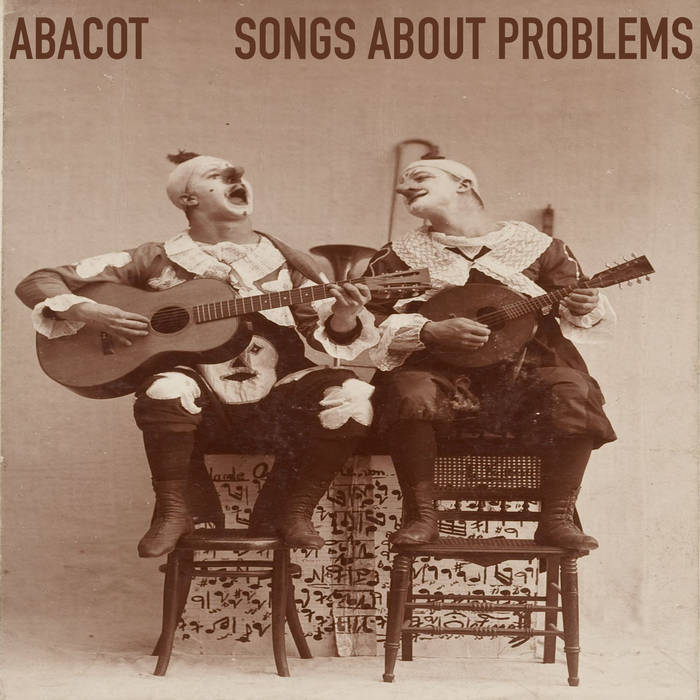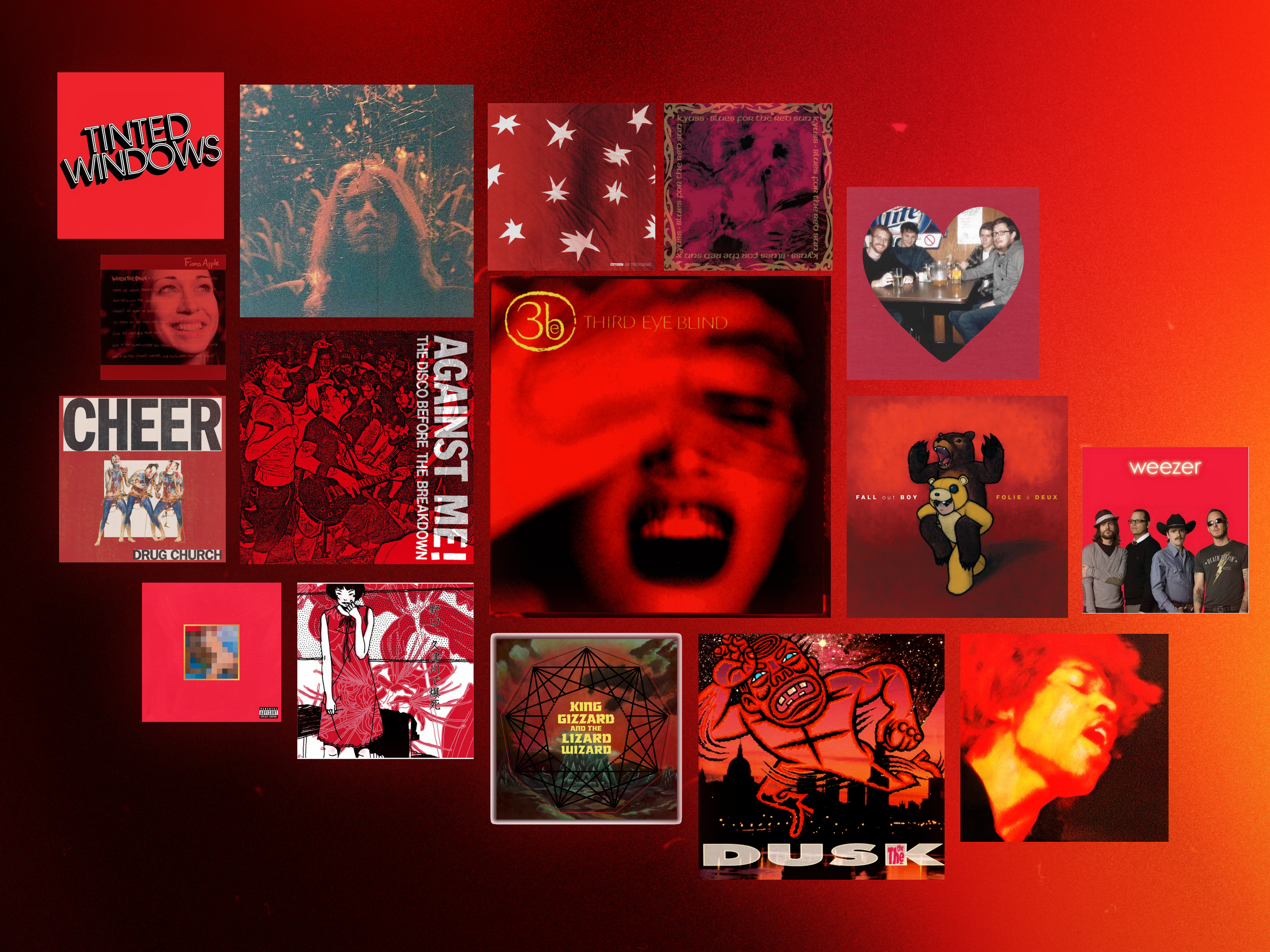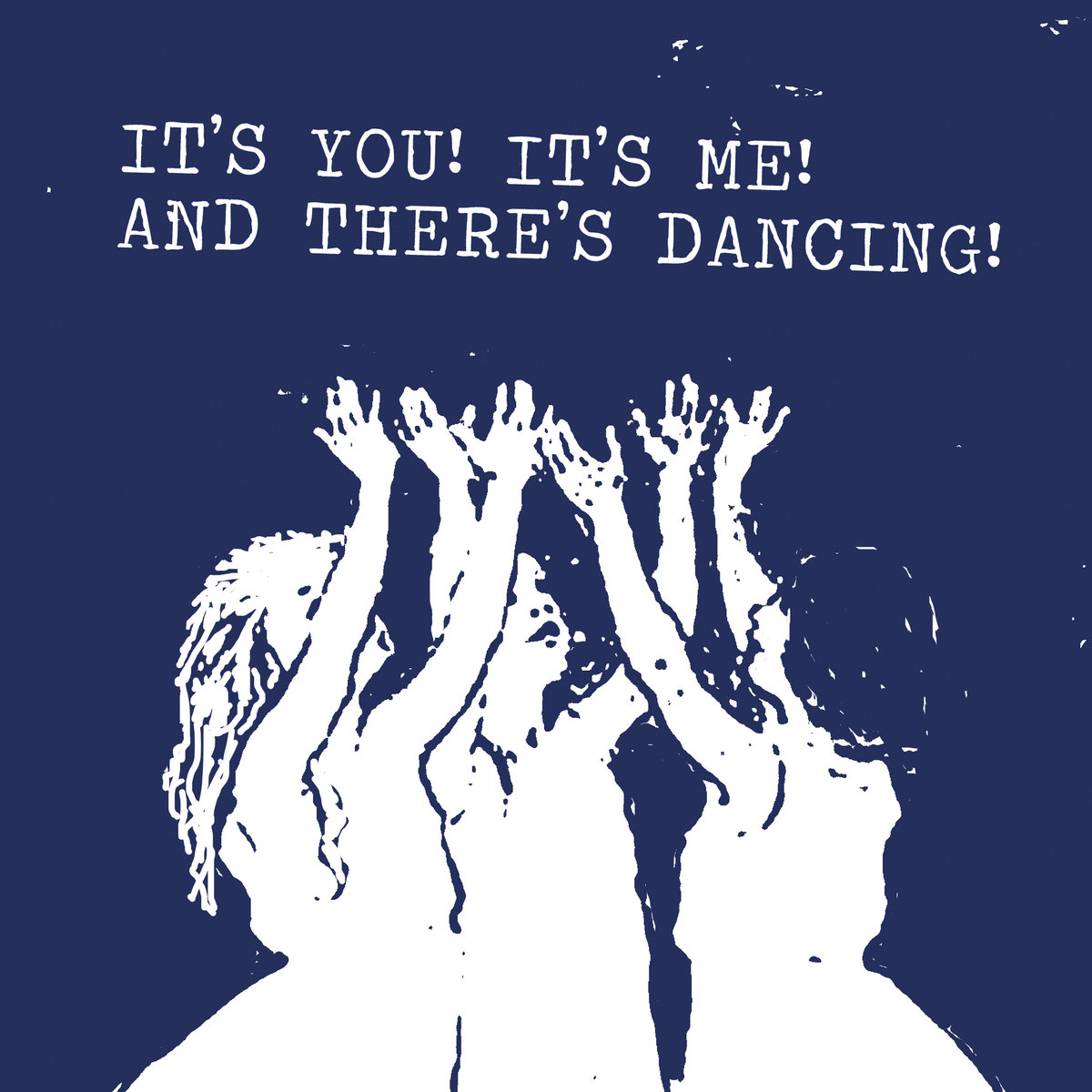Amen Dunes – Death Jokes | Album Review
/Sub Pop Records
Let’s get this out of the way: Freedom from Amen Dunes is a real IYKYK album. One for the heads, if you will. The record was critically acclaimed upon release, yet it felt as though I never really heard people talking about it. I'd see a post here and there online, but other than that, I was left to enjoy it in relative solitude.
Freedom is a freewheeling exploration of what rock n roll is and what rock n roll does, pulling from past sounds and textures, then peeling back the skin to show what’s underneath it all. Everything Amen Dunes does on Freedom can be summed up on “Blue Rose” as Damon McMahon sings, “We play religious music, don’t think you’d understand, man.”
The music that Amen Dunes makes is indeed religious, as it seeks to blend elements of some sacred plane with the beauty and nastiness of our mortal world. McMahon does this through a raga-like vocal approach, bringing a droning quality to how he forces out syllables. For me, it’s this way of singing that transfixed me on my first listen six years ago because it felt so strange. There was something seemingly so familiar about his voice yet also so foreign at the same time, almost like a more visceral David Gray. I’ve been trying to put my finger on what McMahon’s sound reminds me of, but whenever I think I’ve found the answer, it escapes my grasp, and I think it’s this constant chase that’s been drawing me back to Freedom time and time again without growing bored.
For the last few years, I’ve been eagerly waiting for when Amen Dunes would return with new music. I absolutely needed to know what the next move would be. How would McMahon follow up an album that had such an immediate and lasting impact on my life?
McMahon briefly tipped his hand in 2021 after signing with Sub Pop when he released “Feel Nothing,” a trippy dance track that sounds like it could fit on Freedom while also pointing toward a new direction. While I loved the song, I was unsure what it meant for Amen Dunes due to its status as a loosie. Would they stay in the lane that Freedom created, or would they journey into uncharted waters? Both options are exciting but also come with certain anxieties as a fan. By continuing to explore the same sounds, I would get to keep enjoying what made me first fall in love with their music, but with the risk that it begins to feel stale. However, if they take a sharp left turn, I might love the new music, but I also run the risk of becoming disconnected from the artist.
Damon McMahon chose the second option, and it was well worth the risk. Amen Dunes's new album, Death Jokes, is a chaotic and thrilling record that not only marks a new chapter in the artist's career but is an album that only McMahon could make. Gone are the bright and grandiose guitar anthems, and in come a collection of songs built from samples, drum machines, and glitches. Interwoven amongst all the frenzy and noise are mantras that push back against the malaise that many of us feel toward society’s fraying fabric.
On the ethereal jam, “Exodus,” McMahon remarks, “You say life is hard. Well, at least you think it is. But it’s a joke. Some day we lose it. So use it.” He’s hanging on every syllable, pleading that we emerge from this prolonged brain fog to see what’s in front of us and embrace the present.
This idea of embracing life is central to the album’s spirit as McMahon meditates on the importance of existence, concluding that, yes, it means everything, and also, no, it means nothing at all. After mentioning someone’s passing on “Boys,” McMahon challenges his audience, saying, “Do you really want it? Oh, you always said you would.” It’s as if he’s saying, ‘You’ve seen how quickly it can all go away, so why aren’t you willing to cherish the only thing you truly have?’
His challenge is present in the music itself, resembling the information overload of our endless scrolling. Between the samples, the beats, and McMahon's elongated vocal approach, I found Death Jokes to almost be impenetrable on my first listen. Amongst the sonic maelstrom, I had to cling to fleeting phrases in order to make some sense of it all. With each listen, I found new moments to latch on to, and slowly, I was rewarded for my presence. In the end, I'm thankful that McMahon has gone in this uncharted direction because he has taught me that to truly appreciate a person's art is to ride the wave where it takes you.
Connor is an English professor in the Bay Area, where he lives with his partner and their cat and dog, Toni and Hachi. When he isn’t listening to music or writing about killer riffs, Connor is reading fiction and obsessing over sports.





